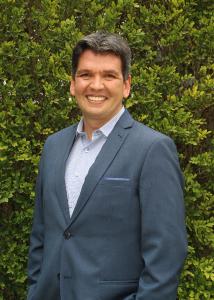During the conversation, we discussed from a panoramic view, the health situation in LATAM, highlighting the intrinsic link that exists between the effects of climate change and pollution (of the air, above all), on the well-being of people, especially the most vulnerable. because as we know, climate change affects everyone but not everyone in the same way, so it is vital to mainstream the health and climate components in political plans, whatever the issue may be.
This conversation led us to ground these links in the cities that will be marked by resilience as one of the main objectives in urban planning: how to deal with heat waves, unexpected torrential rains, prolonged droughts, the intrusion of pathogens in urban areas , food shortages etc. so the cities of the future will be smart or they won't be.
And being smart (the famous “Smart cites”) is not becoming techno-dependent, but rather, without neglecting technology as an ally, establishing clear objectives that put the citizen and the environment as the axes of all the plans where they exist and influence and , gravitating on these two axes, think of easy-to-implement strategies and relative costs in the communities so that they are improvement laboratories for their prosperity and subsequent scaling to more territories in the cities, including and giving the relevance it deserves to the countryside for being the food suppliers of the cities and place of economic and social development of millions of families in our countries, on which the effects of climate change are also present (and also geopolitical factors, e.g. fertilizers) for thinking about healthy and resilient cities it is essential to think and migrate towards sustainable agri-food systems.



